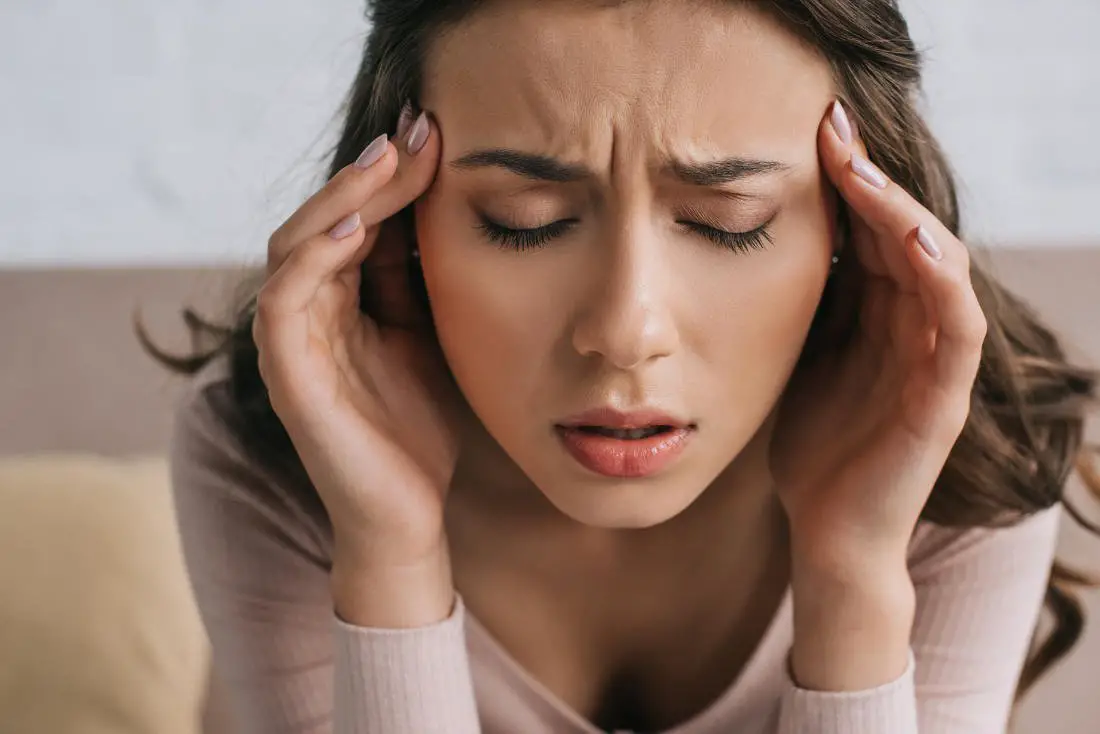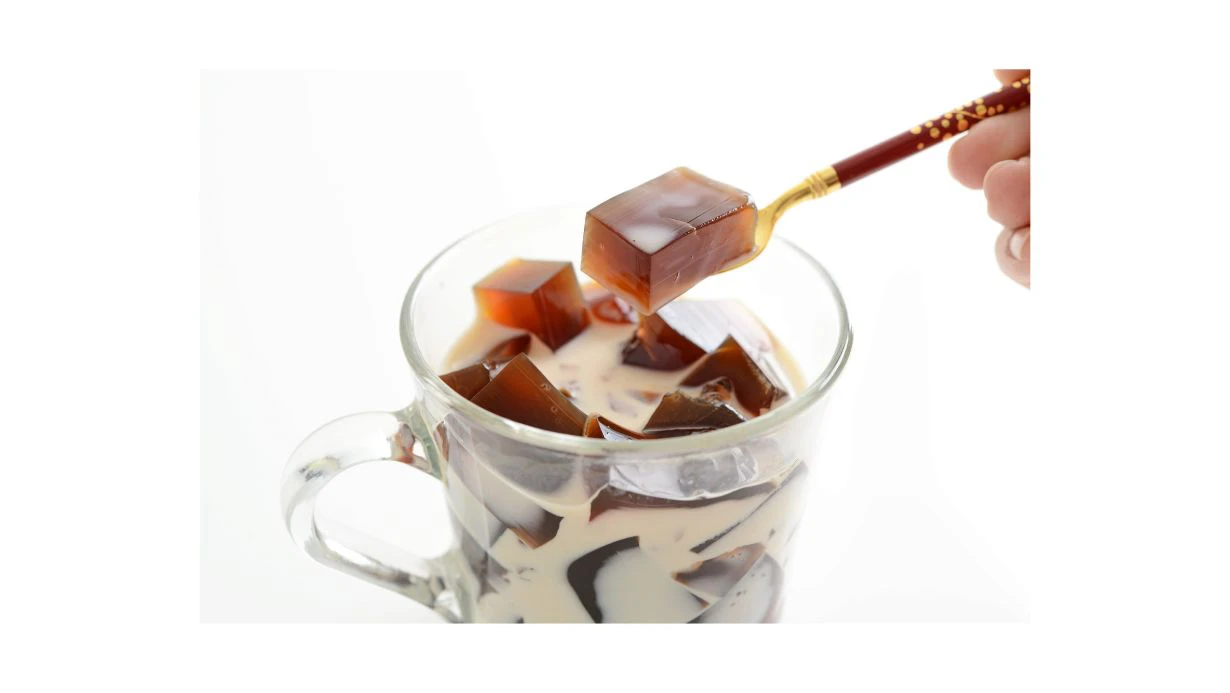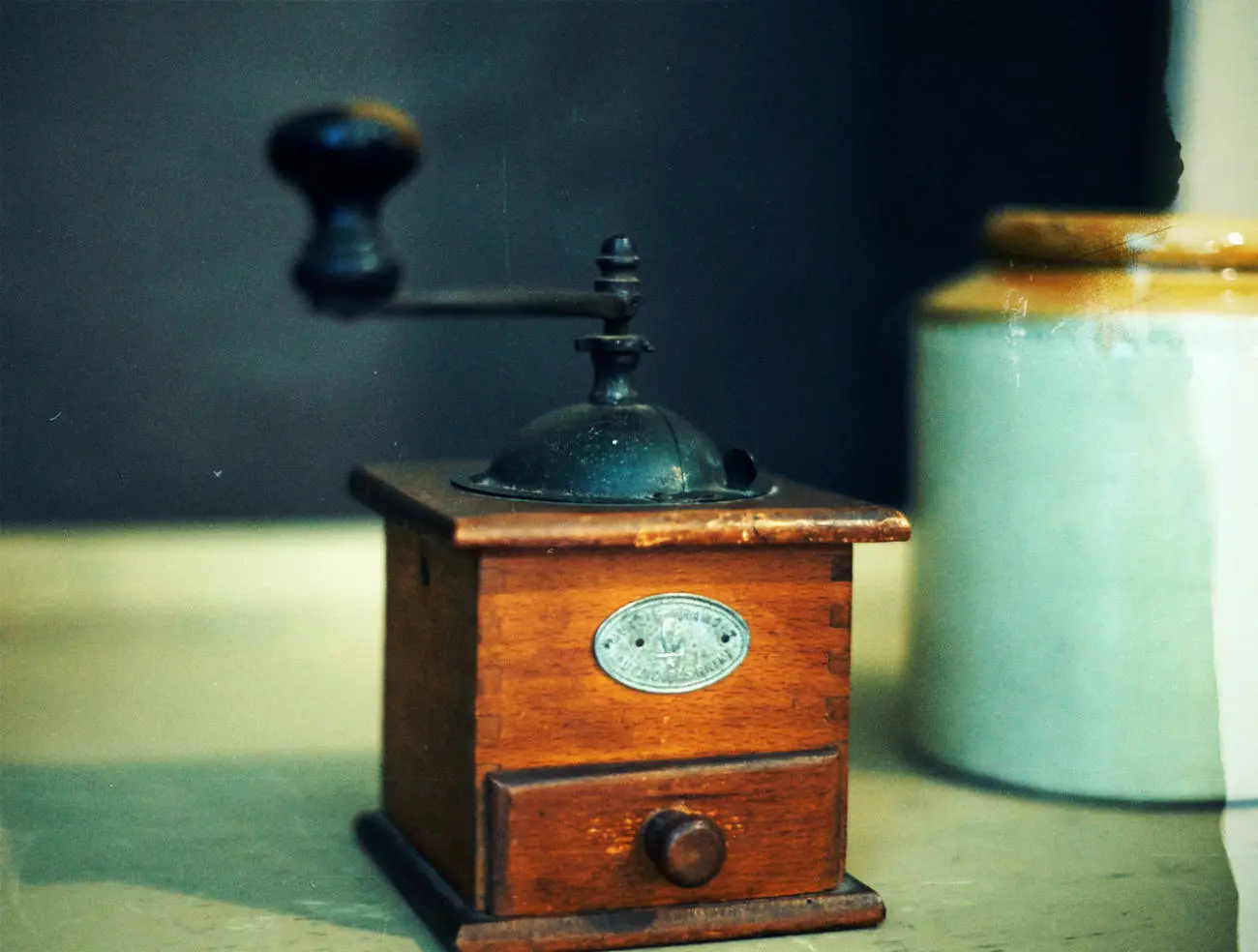Caffeine Headaches And Migraine – Forget About Coffee?
You probably have experienced a splitting headache once in a while before. Sometimes, you may have a clear idea of why you got it. At other times the pain seems to have come out of the blue. One of the most apparent causes could be a hangover after too much alcohol. Another common cause may be a cold or the flu. Some people may even blame their headaches on too much coffee. Whether coffee or its main active component, caffeine, is really to blame for causing a headache is controversial. Headaches can have various reasons, Healthline lists 14 different types, and caffeine headache is just one of them.
This article will discuss the effects of caffeine on different people and try to answer why some people experience headaches after consuming caffeine while others do not.
What is caffeine?
Caffeine is a natural compound found in coffee, tea, cola drinks, chocolate, cocoa, yerba mate, guarana, and some medications. It is also present in many over-the-counter pain relievers such as Tylenol, Advil, Excedrin, and Novocaine. Caffeine has no color or flavor and acts as a stimulant. It gives coffee (and other caffeinated products) a stimulating effect. One cup of coffee has about 80 mg of caffeine. One cup of tea has about 40 mg of caffeine. Energy drinks can even have upwards of 400 mg of caffeine per serving.
Caffeine is a central nervous system (CNS) stimulant. It works by blocking the action of adenosine, a natural chemical that acts as a “brake” on brain activity. By blocking the action of adenosine, caffeine allows more neural activity in the brain and enhances mental performance. Caffeine also increases heart rate and blood flow to the brain and muscles. This causes an increase in mental alertness and concentration.
I have found an interesting article where you can find more detailed information on caffeine.
Caffeine does not affect everyone equally
People can react quite differently to caffeine. Some people complain about GERD or acid reflux, and others don’t. Many people can’t sleep at night if they have coffee in the afternoon. Some even feel sleepy after consuming caffeine. Others claim that coffee triggers a migraine or a caffeine headache. And then there are those experiencing no effect whatsoever. The explanation for this paradox is most likely different genetics. We all have a slightly different mix of genes and thus react differently to certain chemicals or foods. Another example of the working of genetics is how people respond to cilantro. Many people enjoy its flavor; to others with a different genetic setup, it tastes like soap.
Caffeine can both trigger or alleviate a headache
Caffeine is one of the most widely consumed psychoactive substances globally. It is also used to treat or prevent insomnia, anxiety, headache, and menstrual cramps. In the United States, about 85% of adults consume caffeine daily. It is quite paradoxical, but caffeine is indeed capable of curing a headache and triggering one. The underlying cause of the headache and probably the individual’s genetic setup could be determining factors.
How caffeine can Help with Headache Relief
Blood vessels can swell during a headache. The increased blood flow to the brain puts pressure on your nerves and thus causes pain.
Caffeine has a vasoconstrictive effect. Constricting the blood vessels will reduce the blood flow and thereby relieve discomfort.
Why do some headache medications contain caffeine?
Caffeine by itself can act as a pain killer, but it is not a very potent one. However, adding caffeine to painkillers can be surprisingly helpful. That’s why headache medication often comes in two versions, with or without caffeine. Aspirin, Ibuprofen, or Acetaminophen usually work faster and better and keep the pain away for longer when caffeine is added as an adjuvant.
According to a study by the Cochrane Library, the use of an analgesic with caffeine resulted in 5% to 10% more people with significant pain relief than an analgesic alone. The dosage of the caffeine adjuvant was about 100 mg which corresponds to a large cup of coffee.
Can caffeine cause a caffeine headache?
The short answer is: It depends.
Too much coffee in a short time can cause a caffeine headache when you are overly sensitive to coffee. It may even trigger an allergic reaction in some people.
There are also other theories about why some people get a headache when they consume caffeine. One theory is that caffeine stimulates the production of histamine in the body. Histamine is a chemical that causes you to itch. It is also responsible for that annoying feeling you get when you have a cold. Consuming caffeine could result in an over-production of histamine, causing a headache.
Ironically, you can also get a headache when caffeine leaves your body. Caffeine has constrictive properties on the blood vessels in and around your brain. When the caffeine effect subsides, the blood vessels will dilate again. The increased blood flow can then put pressure on surrounding nerves, thus causing a headache.
The same mechanism is at play when you suddenly break your coffee drinking habit. You may get a headache which is essentially a caffeine withdrawal symptom. Because it takes the body a while to adjust to the lack of caffeine, unpleasant symptoms, including headaches, can linger for a few weeks.
Caffeine and Migraine – still a mystery
As any migraine sufferer knows, a migraine is not comparable to a headache from a hangover or when the flu hits you. It simply is not just another headache but a serious health issue that can severely impact one’s quality of life.
The National Institute of Neurological Disorders and Stroke describes migraines as an intense pulsing or throbbing pain in one area of the head that can last for 4 to 72 hours. It is often accompanied by various symptoms such as nausea, sensitivity to light and sound, and sometimes even visual disturbances. An estimated 10% of people worldwide are affected by this inherited neurological condition, women about three times more often than men.
A lot of research is going on, but many questions still remain about what happens in the brain when a migraine is triggered. A great variety of potential triggers, including weather, stress, certain foods, alcohol, and many more, complicate the issue. And yes, caffeine is also a possible trigger in people sensitive to it. But not everyone reacts the same way to the same stimuli.
Migraine and Coffee
If you have identified coffee triggering your migraine, you should go easy on any drink containing caffeine. Suppose you have been drinking coffee daily. In that case, you should reduce your coffee intake gradually to avoid caffeine withdrawal symptoms. This way, you can find out how much coffee you can tolerate. It would be a pity to forego the pleasure and health benefits of coffee entirely.
Conclusion
In the past, coffee and caffeine have been blamed for anxiety, acid reflux, irritable bowel syndrome, migraines, insomnia, and many more conditions, even for acne.
That attitude has changed significantly in recent years as scientists have conducted research showing coffee’s many beneficial health effects.
However, it can’t be denied that some genetically predisposed people can experience unpleasant side effects from caffeine consumption, including headaches and migraine. How this works exactly and why it affects only certain people is still the subject of ongoing research. Suppose you belong to one of the unfortunate groups with caffeine tolerance issues. In that case, you should control your caffeine intake by paying attention to how much caffeine you take in and how it affects you.
Keep track of when your headaches happen and what appears to help or aggravate them. Gradually lowering your caffeine consumption may be the way to go. If you are suffering from daily headaches, you may even have to consider giving up coffee entirely.
Disclaimer
The content of this article is intended for general information only and should not be used as a substitute for the advice of your own doctor or other health care professional.







